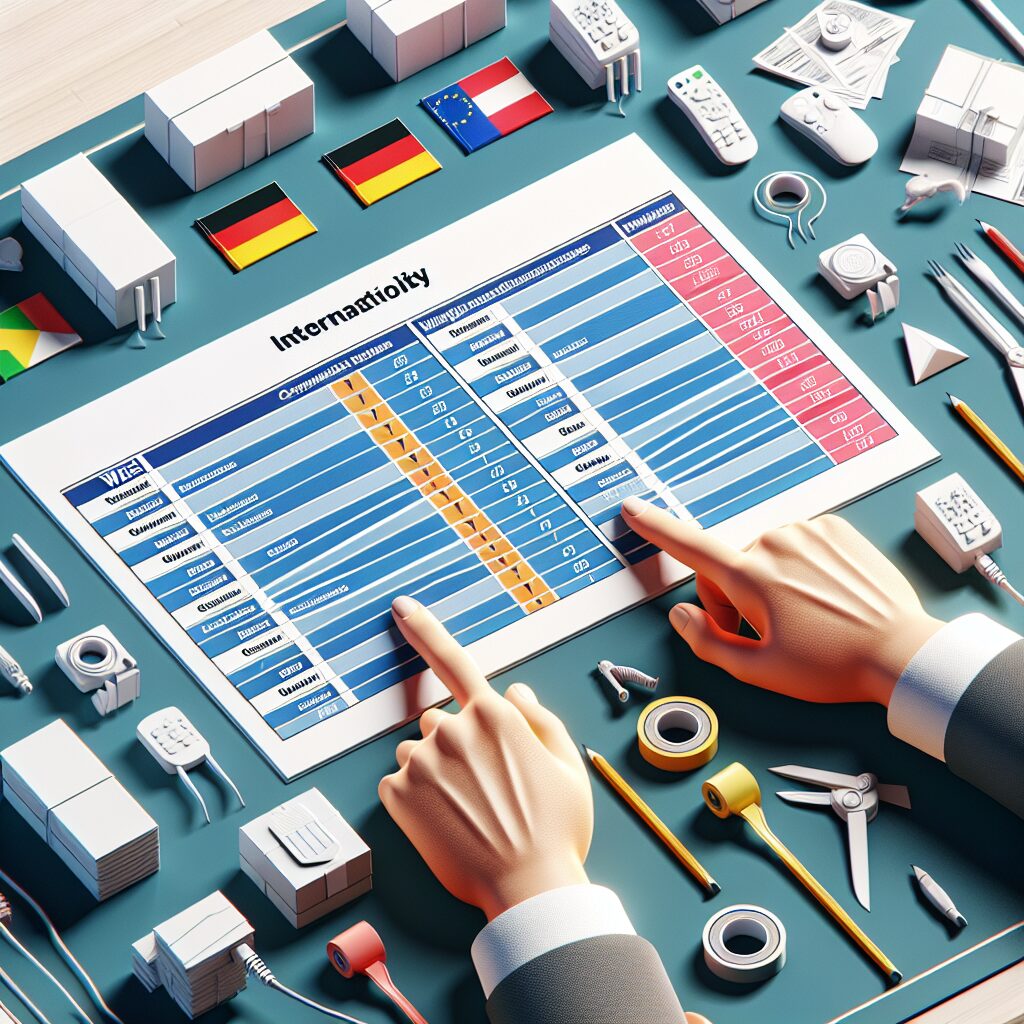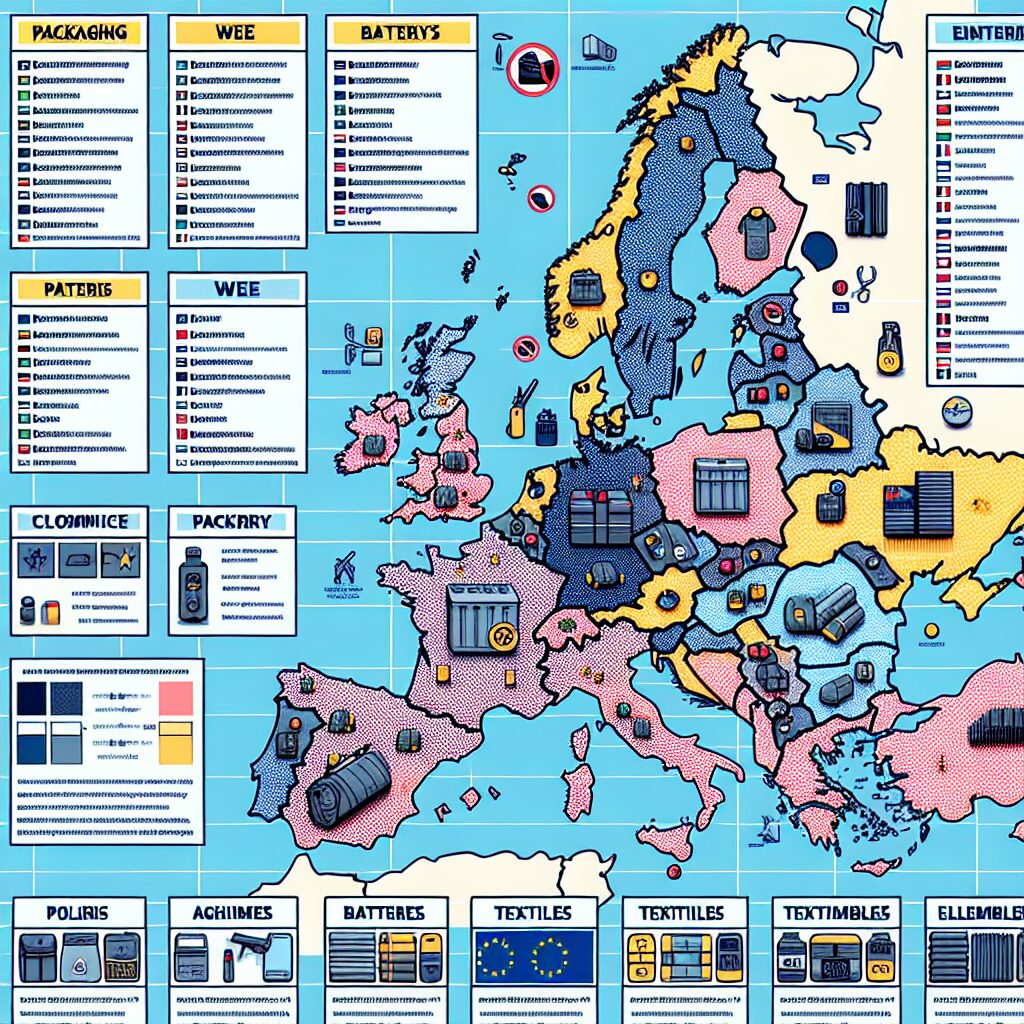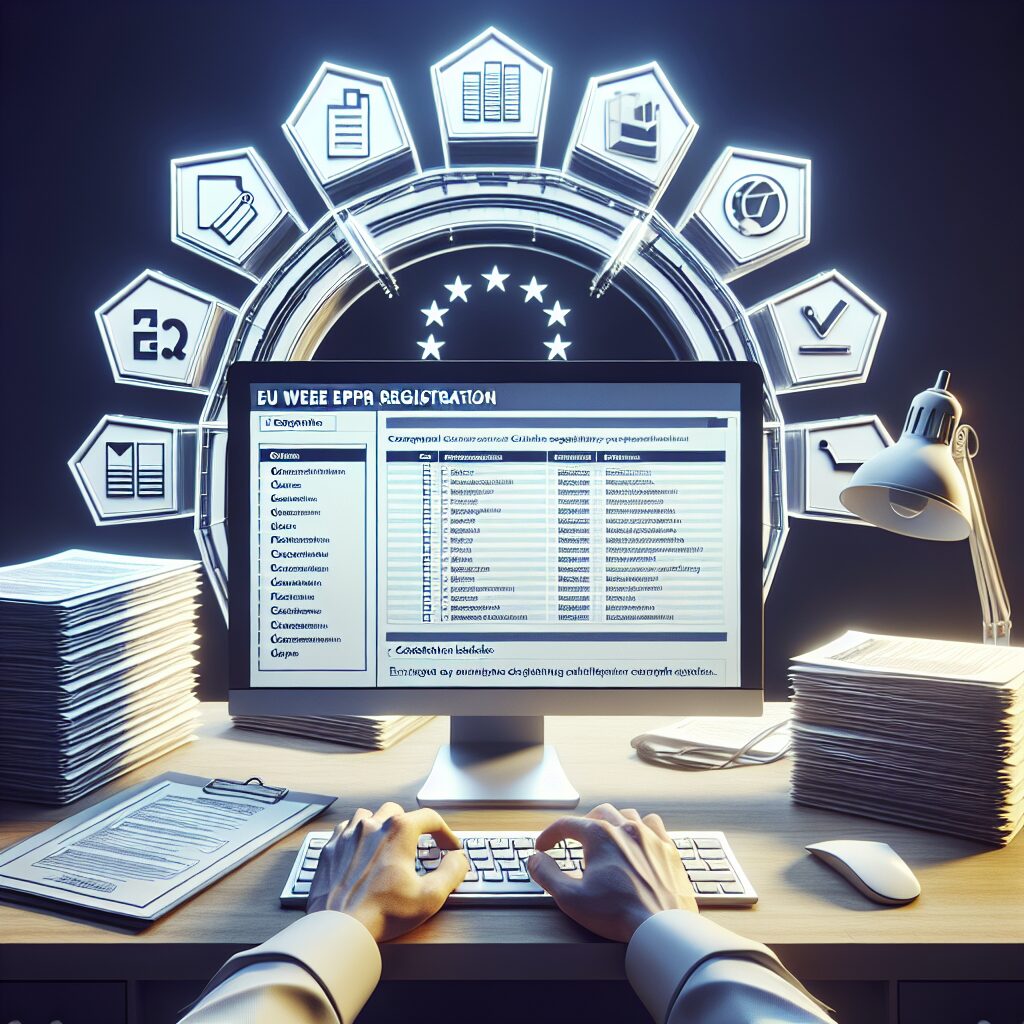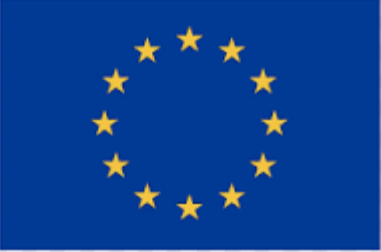About eldris
epr.eldris.ai leads the EPR sector, in fast, automated, AI Agent EU Complaince. LUCID Packaging, WEEE, and Battery Compliance for Brands, E-Commerce and Service based businesses expanding into the EU.
In This Article
- VerpackG Compliance is legally mandatory for packaging in the German market.
- Dual system licensing is central to meeting VerpackG obligations.
- Automation tools streamline LUCID registration and contract management.
- Errors in manual processes can result in serious penalties and loss of market access.
- Automation increases efficiency, reduces costs, and ensures regulatory consistency.
- Integrating with EU EPR software simplifies cross-border compliance.
- First-time sellers benefit from guided onboarding and multilingual support.
- Real-world examples demonstrate the tangible benefits of automation.
Understanding the Basics of VerpackG Compliance
Why Germany Enforces Packaging Laws
VerpackG Compliance is not only a legislative obligation but a pivotal component of environmental protection in Germany. The German Packaging Act, commonly referred to as VerpackG, came into force in January 2019 and mandates that all parties placing packaging on the German market must ensure appropriate recycling and disposal. Its primary objective is to ensure businesses take accountability for the post-consumer waste resulting from their shipping and product packaging. By enforcing these standards, Germany aims to reduce landfill usage and encourage a circular economy with higher recycling rates. As packaging waste increases globally, stricter compliance frameworks like VerpackG are shaping how companies handle their environmental responsibilities.

What Is Dual System Licensing?
Definition and Role Under the Packaging Act
Dual system licensing is fundamental to achieving VerpackG Compliance in Germany. It refers to the licensed collaboration between businesses and certified waste management providers—commonly known as dual systems. These systems operate alongside the public waste collection services, hence the name “dual”. Companies are required to license their packaging materials with one of these authorised dual systems. This licensed material then enters a systematic process where it is collected, sorted, and recycled appropriately. Without a valid dual system licence, any packaged goods introduced into the German market would be considered unlawful under VerpackG regulations.
“Without dual system licensing, VerpackG Compliance cannot be lawfully attained by producers or online sellers operating in Germany.”
How Automation Simplifies Compliance Workflows
Compliance workflows involving VerpackG can be time-consuming and error-prone, especially when handled manually. Automation addresses this challenge by streamlining document submissions, real-time data updates, and contract renewals through purpose-built tools. Sophisticated compliance software can integrate with e-commerce platforms and ERP systems, ensuring data is captured accurately at the source. As a result, companies benefit from improved accuracy, reduced administrative burden, and faster processing times. Additionally, using automation tools ensures consistent tracking of changes to the legislation, which is crucial to maintaining ongoing VerpackG Compliance. For example, automatic updates can notify users of modifications to licensing rates or registration deadlines, ensuring no legal requirements are overlooked.
Step-by-Step: Automating the LUCID Registration
LUCID, the official packaging register in Germany, is a critical part of VerpackG Compliance. Automating your registration with LUCID transforms what can be a tedious manual process into a few simple digital steps:
- Data Collection: Gather product and packaging information such as material type, weight, and origin.
- User Account Setup: Using automation tools, create your LUCID account with seamless input forms and identity verification integration.
- Data Synchronisation: Automatically sync packaging data from your e-commerce or inventory platforms into the LUCID system.
- System Linkage: Connect your LUCID data to your chosen dual system licensing partners—minimising duplicate entries and reducing error rates.
- Regular Submissions: Schedule automatic quarterly or annual reporting submissions required by the LUCID authorities.
This step-by-step approach ensures that all packaging obligations are fulfilled while eliminating the frustrations of repetitive paperwork.
Managing Dual System Contracts with Automation
Ensuring VerpackG Compliance requires maintaining active dual system contracts, which can become complex when businesses grow or enter multiple markets. Automation platforms simplify contract administration by providing dashboards that notify users of expiry dates, changing recycling quotas, or cost updates. Smart algorithms match business profiles with the most appropriate dual system providers based on volume and packaging material types. Automated renewals and digital contract signing also help reduce operational lags. In addition, integration capabilities allow businesses to view contract performance metrics and historical compliance data. This level of visibility is invaluable in audits or when restructuring partnerships with waste management entities.
Reducing Common Errors in Manual VerpackG Registration
Manual VerpackG processes are susceptible to a host of errors—ranging from incorrect weight declarations to outdated material data. These inaccuracies may lead to non-compliance fines or even removal from the German marketplace. Automation mitigates these risks by implementing validation checks during packaging data entry and registration processes. Compliance tools also provide templates and guides aligned with the most up-to-date VerpackG standards. Moreover, because these platforms often include multilingual support and alerts, sellers unfamiliar with German regulations are less likely to misinterpret legal requirements. Through automation, the process becomes more accessible, transparent, and secure, crucially improving the compliance success rate.
Benefits of EPR Licensing Automation Tools
Extended Producer Responsibility (EPR) reporting and licensing is mandated under VerpackG. Automation offers a plethora of benefits for managing these responsibilities:
- Time Efficiency: Automate repetitive data reporting tasks and reduce the overall time spent on compliance efforts.
- Cost Reduction: Predict packaging costs more accurately and avoid late fee penalties through automated reminders.
- Data Accuracy: Minimise human error through built-in validation systems.
- Regulatory Updates: Receive timely notifications on changes to VerpackG legislation.
- Scalability: Easily scale your compliance workflows to meet the needs of international expansion without increasing administrative headcount.
These benefits make automation essential, especially for businesses aiming to operate across several European jurisdictions. The increased precision and reporting quality also enhance reputation in sustainability-driven markets.
Integration with EU Packaging EPR Software
There is growing interest in harmonising packaging EPR requirements across the EU. Many businesses ask whether their German VerpackG Compliance system can be integrated with broader EU compliance protocols. Thankfully, most modern automation tools for VerpackG are designed with cross-border integration in mind. These solutions facilitate synchronisation with online marketplaces, local recyclers, and national registers across European borders. For instance, integrating EU-based Extended Producer Responsibility software allows businesses to submit their data once and distribute it across multiple regulatory bodies. This streamlined process reduces redundancy, ensures multi-jurisdictional consistency, and enhances compliance traceability across several national systems.
Onboarding Guidance for First-Time Sellers
First-time sellers often find VerpackG Compliance to be one of the more daunting regulatory landscapes in Europe. To ease the process, onboarding programmes offered by some automation service providers include step-by-step tutorials, multilingual customer support, and pre-filled documentation templates. Sellers are guided through selecting an appropriate dual system, registering with LUCID, and submitting required figures. Additionally, educational resources and knowledge hubs like Learn more about EU Packaging Compliance Automation offer articles and infographics that demystify complex processes. Onboarding support dramatically reduces the learning curve, making it possible for even micro-sellers to meet all packaging EPR obligations without bearing hefty consultancy costs.
Case Examples: Before & After Automation
Consider a small cosmetics brand entering the German market. Initially, they managed VerpackG registration manually. The result included late LUCID filings, inaccurate packaging weight declarations, and miscommunications with the dual system provider. The administrative burden slowed product launches. However, after integrating an automation solution, they synced product data directly from Shopify, received packaging forecasts instantly, and met all reporting deadlines. This significantly improved operational efficiency and enhanced their standing with eco-conscious consumers. According to Read a related article, companies that automate see up to a 65% increase in reporting accuracy. Another example, as cited by 2025 EU compliance rules for non-EU Amazon FBA sellers, illustrates how an electronics retailer reduced annual compliance hours by 120 through software-led automation.
Conclusion: Achieve Compliance Efficiency through Automation
[CONCLUSION_CONTENT]
Great guide on verpackg-dual-system-licensing-automation-how-it-works – Community Feedback
What is the packaging legislation in Germany?
The packaging legislation in Germany is governed by the Verpackungsgesetz (VerpackG), which mandates that producers, importers, and distributors of packaged goods participate in a dual system for the collection and recycling of packaging. This includes registering with the LUCID packaging register and ensuring all packaging is properly licensed and reported using an authorized dual system partner.










